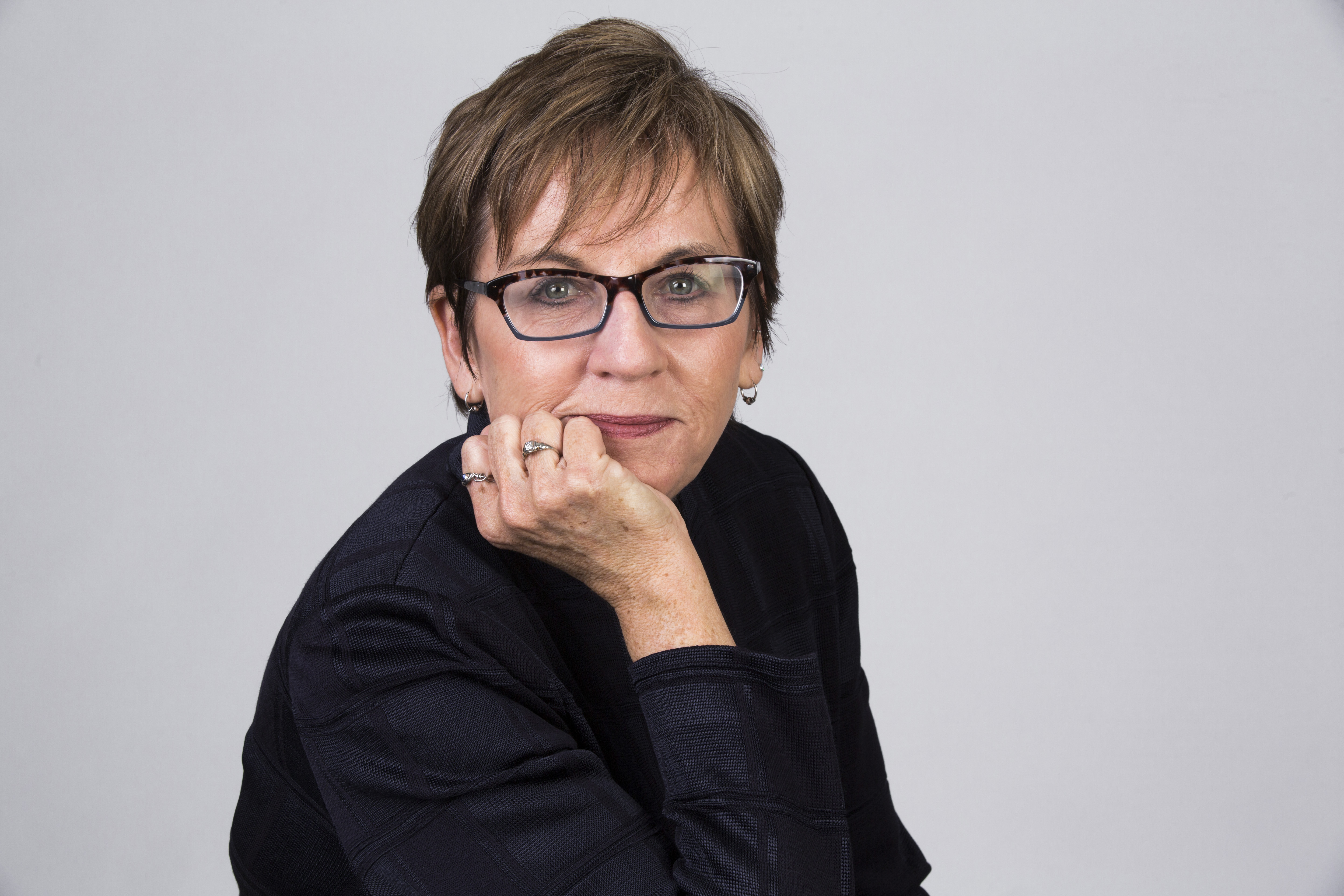Cold War History
Excerpt from Mary L. Dudziak, Cold War Civil Rights: Race and the Image of American Democracy, 25th Anniversary edition, Princeton: Princeton University Press (2025)

Mary L. Dudziak, Asa Griggs Candler Professor of Law at Emory, is a scholar of U.S. Legal History and the history of the United States in the World. Her scholarship has explored the global impact of U.S. civil rights and constitutional ideas, and the legal, cultural, and military history of ongoing U.S. war. She is an affiliated faculty member in the Emory University Department of History where she supervises Ph.D. students. Before joining Emory, she was the Judge Edward J. and Ruey L. Guirado Professor of Law, History and Political Science, University of Southern California Law School. She began her career at the University of Iowa College of Law, and she has taught as a distinguished visitor at Harvard, Duke, and the University of Maryland Law Schools.
Early in her career, Dudziak took up a puzzle: how did the landmark 1954 civil rights case, Brown v. Board of Education, happen during the early years of the Cold War – an era when individual rights in the United States were suppressed? The question arose while she was doing historical research in Topeka, Kansas – the home of the Brown case – while a summer intern for the American Civil Liberties Union after her second year at Yale Law School. The ACLU was handling continuing litigation over Brown’s implementation many decades afterward. She found a record of a press conference in which Topeka School Board members were asked why they voted to racially integrate their schools in advance of the Supreme Court’s ruling. “We think that segregation is not an American practice,” a board member replied. The language of Americanism set Brown in its cultural context – the height of the Cold War – when schoolteachers and other government workers got fired for “anti-American” activity.
Once she began looking, it did not take long for Dudziak to find other Cold War references in civil rights sources, among them the Brief for the United States in Brown itself, where U.S. Secretary of State Dean Acheson was quoted as saying: “It is in the context of the world struggle between freedom and tyranny that the problem of discrimination must be viewed.” This quote led Dudziak to then recently declassified U.S. State Department records which turned out to be a gold mine detailing specific impacts of U.S. race discrimination on U.S. foreign relations. The treasure trove led to her widely read first book, Cold War Civil Rights: Race and the Image of American Democracy. To do the research she had to teach herself to be a Diplomatic Historian. Years later she would serve as elected President of the Society for Historians of American Foreign Relations.
After Cold War Civil Rights, Dudziak followed the trail of Supreme Court Justice Thurgood Marshall’s relationship with emerging leaders in Kenya during that nation’s independence, and his work on the Kenya Independence Constitution – a highlight of his life. She wrote on other topics as well. Following the September 11, 2001 attacks on the United States, she held a scholarly conference at the University of Southern California and edited a resulting collection of essays on the question of whether 9/11 was a transformative moment in U.S. history.
The work on September 11 changed Dudziak’s scholarly trajectory – turning eventually to the question of forever war and her current book project: Going to War: An American History (under contract, Oxford University Press). That work has been supported by fellowships from the Guggenheim Foundation, the Institute for Advanced Study at Princeton, the Center for Advanced Study in the Behavioral Sciences at Stanford, and the Kluge Center at the Library of Congress.
At Emory Law School, Dudziak brings history into the classroom in 20th Century U.S. Constitutional History. She especially enjoys working with students on their own research, for example in seminars on War and Security in Law, Culture and Society, Law and Social Change in U.S. History, and a seminar on Emory’s own history: Equality at Emory.
Recent Publications:
Going to War: An American History, Oxford University Press (under contract)
Making the Forever War: Marilyn Young on the Culture and Politics of American Militarism (Co-editor with Mark Bradley), University of Massachusetts Press (2021)
War Time: AnIdea, Its History, Its Consequences, Oxford University Press (2012)
Exporting American Dreams: Thurgood Marshall’s African Journey, Oxford University Press, (2008)
“The Gloss of War: Revisiting the Korean War’s Legacy,” 122 Michigan Law Review 149 (2023)
“The Unhappy Legal History of the War Powers Resolution” 6(2) Modern American History 270 (2023)
“An Uncountable Casualty: Ruminations on the Social Life of Numbers,” After Life: Death and Loss in 2020 America, Haymarket Books (2022)
“Somewhere ‘Over the Horizon,’” 74.3 American Quarterly 552 (2022)
“How the Pacific World Became West,” in World War II and the West it Wrought, Stanford University Press (2020
“Death and the War Power,” 30 Yale Journal of Law and the Humanities 25 (2018)